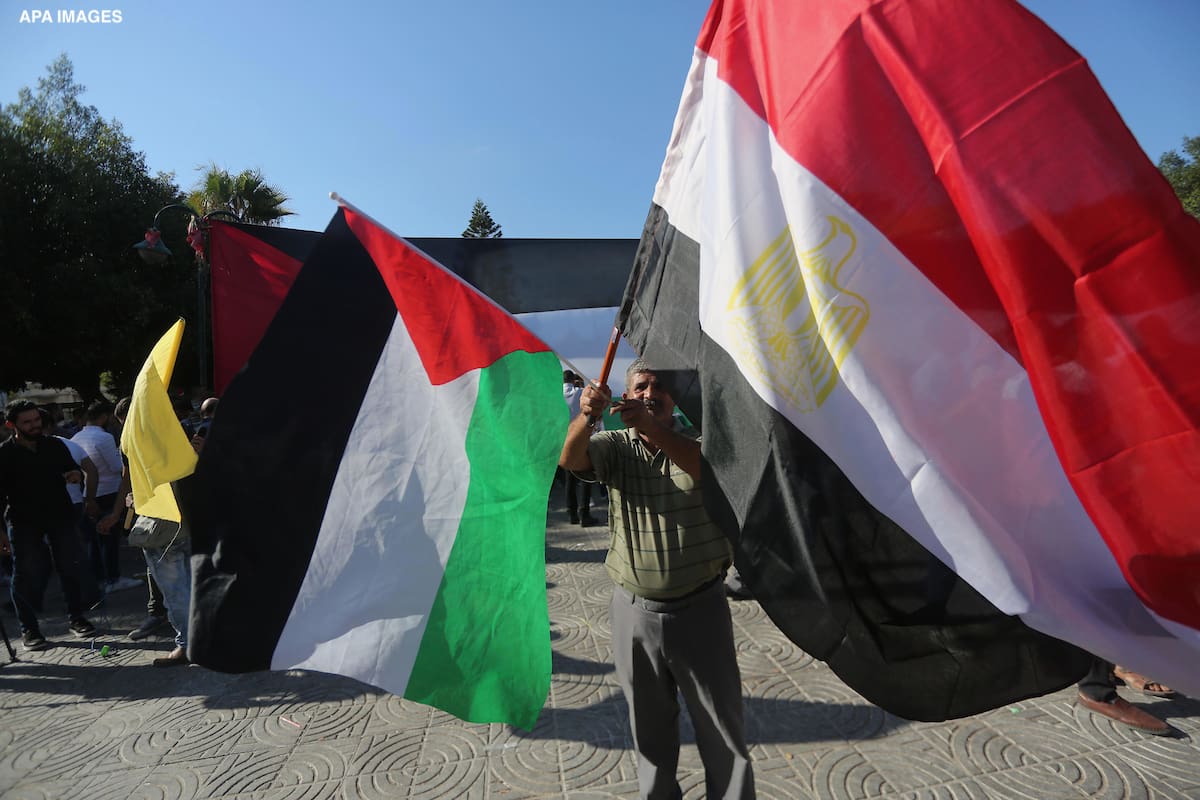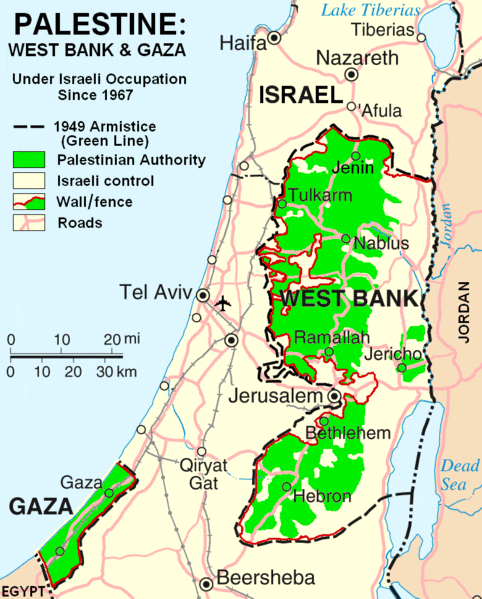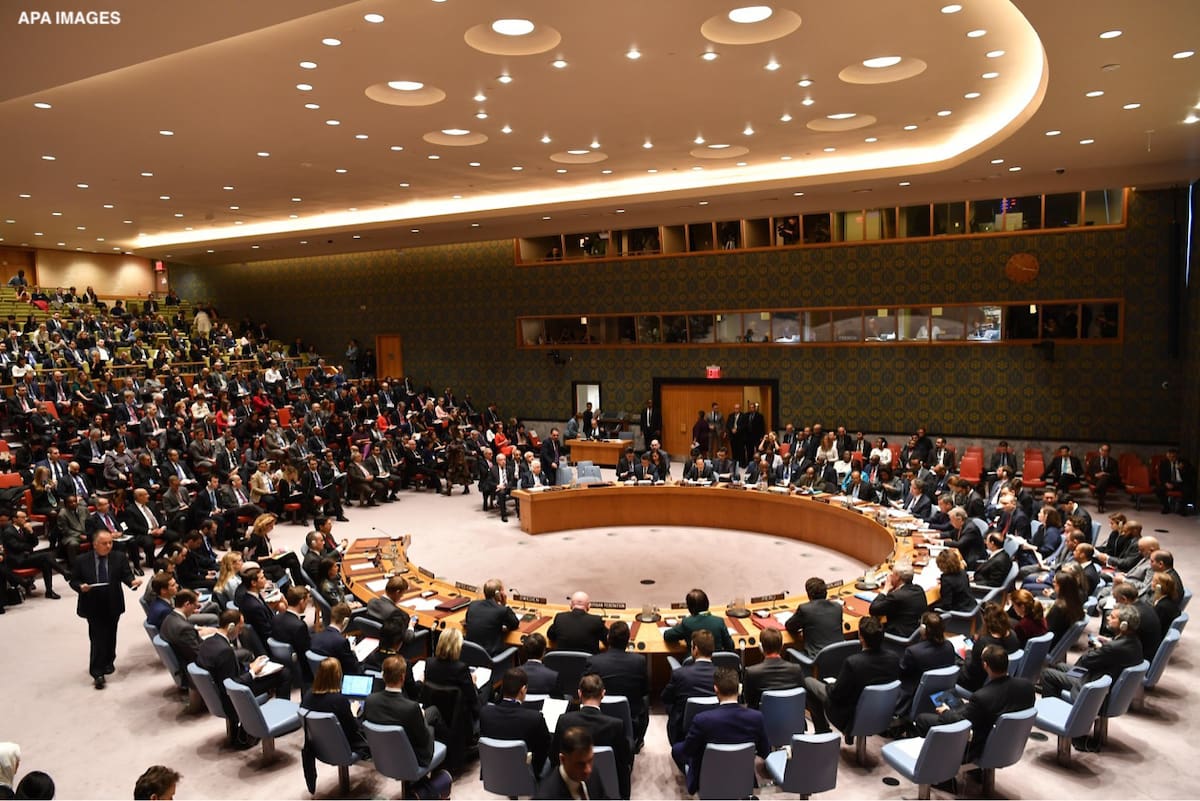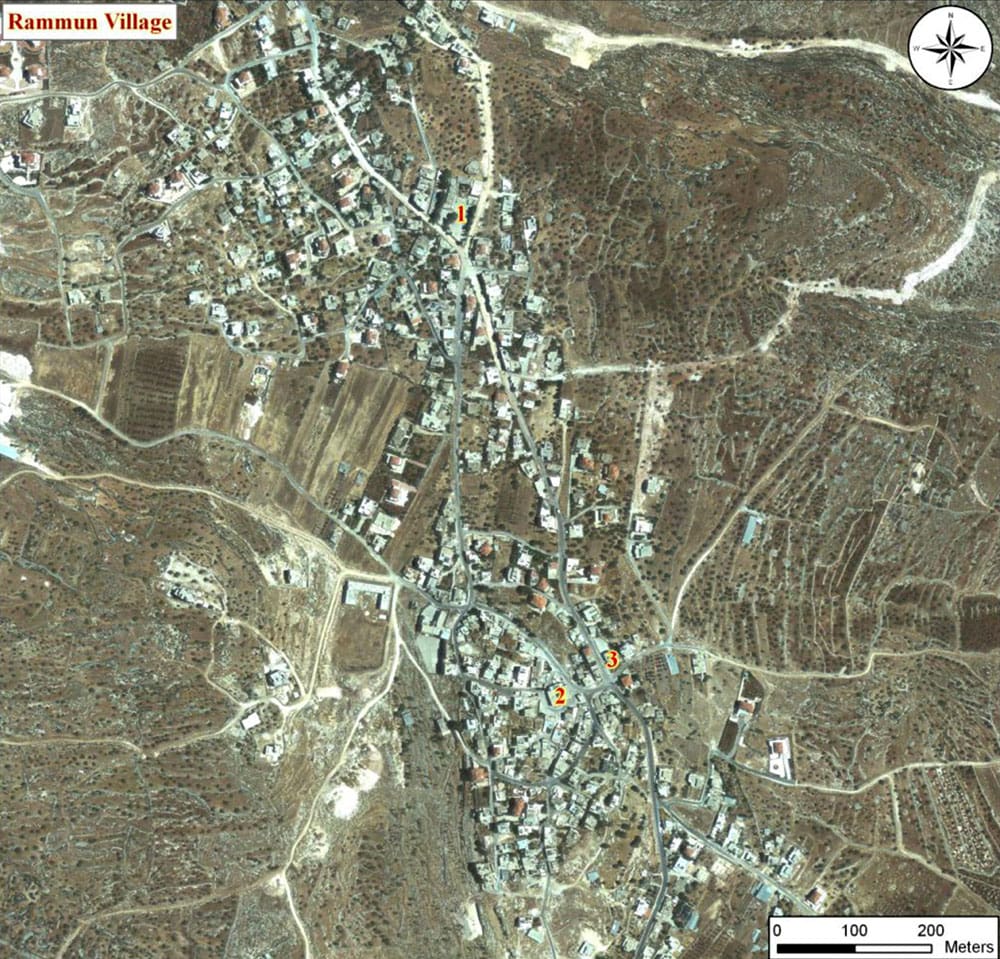What Role for Law in the Palestinian Struggle for Liberation?

Palestinians are divided over whether law can serve a positive function in their quest for self-determination. Al-Shabaka Policy Advisor Noura Erakat argues that law’s value is wholly contingent on the broader political framework that gives it meaning. She proposes that Palestinians adopt a complementary approach that includes using the law when justice can be served and political avenues when the law itself entrenches unjust outcomes.
Dis-participation as a Palestinian Strategy?

Al-Shabaka Policy Advisor Haidar Eid trenchantly reviews the state of Palestinian political parties on the Right and on the Left. He concludes that the only way to work effectively for Palestinian rights may be to “dis-participate” in these largely illegitimate and ineffective political structures while at the same time working on some of the other alternatives available.
Transforming Our Vision of Palestine Into Reality

A not-so-silent Palestinian majority opposes a peace that brings no justice. This fact underlies Al-Shabaka Policy Advisor Sam Bahour’s trenchant reality check for U.S. Secretary of State John Kerry’s push for a two-state solution. Bahour disposes of the myths still shrouding the failed negotiations and calls for economic investment of the right kind on the path to freedom, justice and equality.
Activating Palestine’s UNESCO Membership

Palestinian leaders have not activated Palestine’s UNESCO membership despite the costly battle to join and even though it could help rebalance the skewed Israeli-Palestinian power dynamic. Al-Shabaka Guest Author Valentina Azarov and Policy Member Nidal Sliman review the assaults on Palestinian cultural heritage and set out the significant practical advantages of UNESCO membership, including reasserting sovereignty over Palestinian land and sea and obliging third states to hold Israel accountable.
Oslo’s Roots: Kissinger, the PLO, and the Peace Process

According to conventional wisdom, the PLO signed the Oslo Accords twenty years ago because it was almost bankrupt and feared an alternate leadership would emerge. But PLO Chairman Yasir Arafat sought to establish relations with the U.S. after the October 1973 War and offered significant concessions before ever reaching the negotiating table.
Why is the Egyptian Regime Demonizing Palestinians?

As millions celebrated the end of the month of fasting, the Palestinians of Gaza remained under lockdown, the borders almost completely sealed and the tunnel economy destroyed. Al-Shabaka’s Gaza-based Policy Advisor Haidar Eid examines the way in which successive Egyptian regimes, including the Muslim Brotherhood-backed Morsi government, have used Gaza as a tool to achieve their ends and contributed to its plight.
How Sovereign a State?

Will re-launched Israeli-Palestinian negotiations lead to a sovereign Palestinian state? In this brief, Al-Shabaka Policy Advisor Camille Mansour analyzes Israeli and Palestinian positions relating to key issues of sovereignty (i.e. armaments, alliances, crossings, borders, Israeli military posts). His conclusions – and warnings – are essential reading.
How to Make International Law Work for Palestinians

For many Palestinians, international law has a bad name. It has been ignored or subverted to prolong Palestinian oppression and fragmentation since 1948. But, as Al-Shabaka Policy Advisor Ingrid Jaradat argues, drawing on the findings of a major international conference at Birzeit University, the Palestinian people should not turn their back on international law: If used appropriately it is an effective tool for the oppressed.
Trashing Four Generations of Palestinian Inheritance

As Palestinians commemorate the 46th anniversary of Israel’s occupation on June 5th, the villagers of Rammun are particularly incensed – but their wrath is targeted primarily at the Palestinian Authority. They suspect it of complicity with the Israeli occupation in confiscating their ancestral lands for a trash landfill, just one outcome of the many decades of rights violations Palestinians everywhere experience. Al-Shabaka Policy Member Dina Omar tackles the issues.






